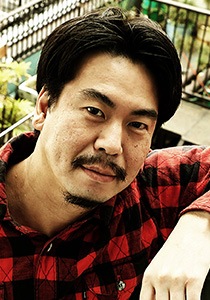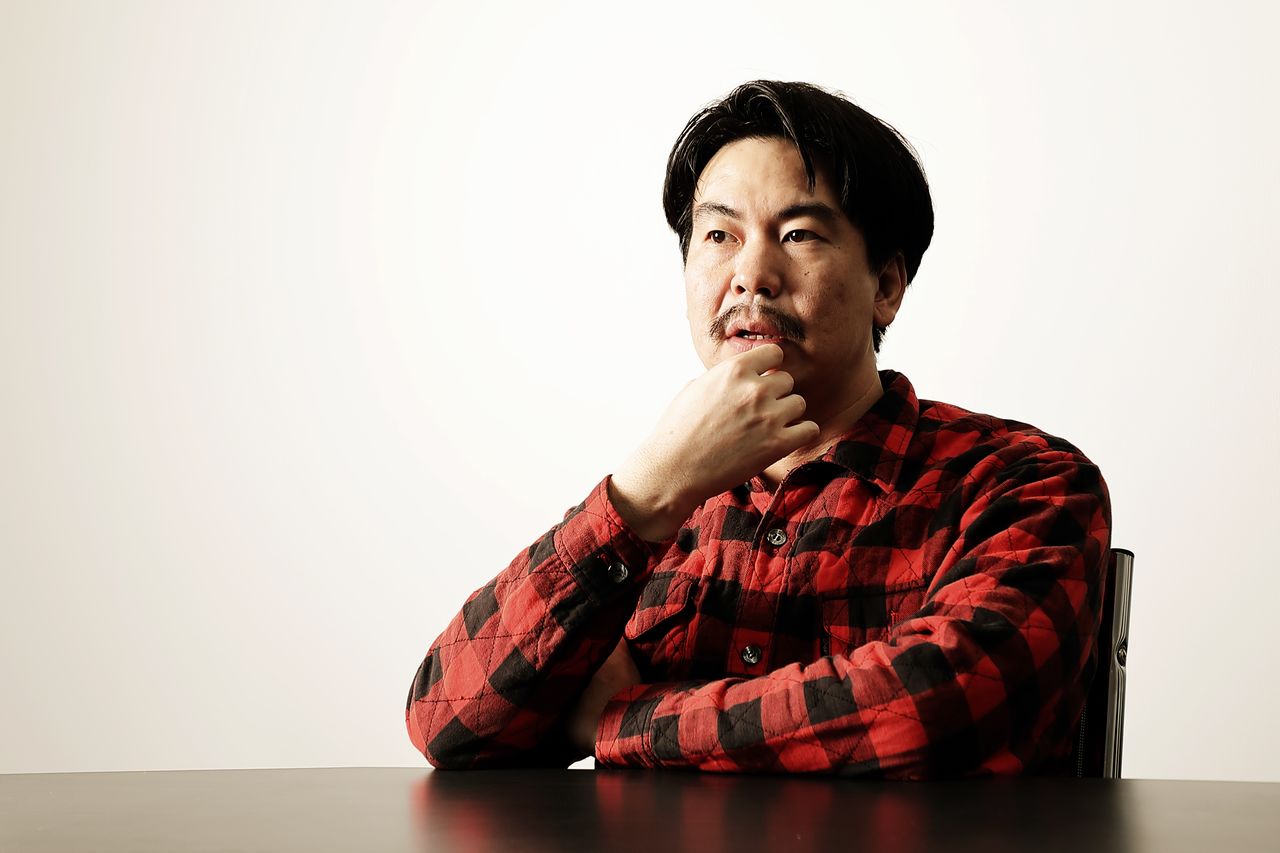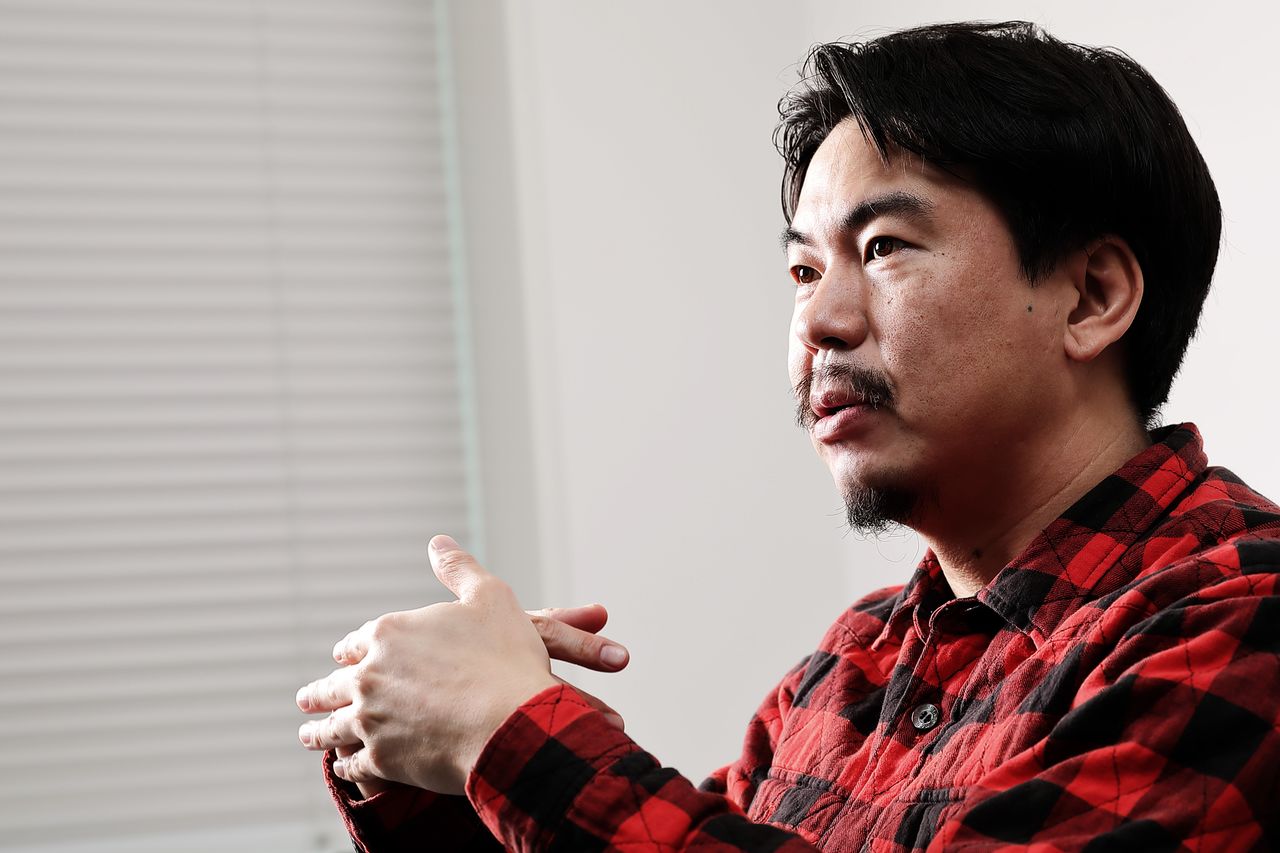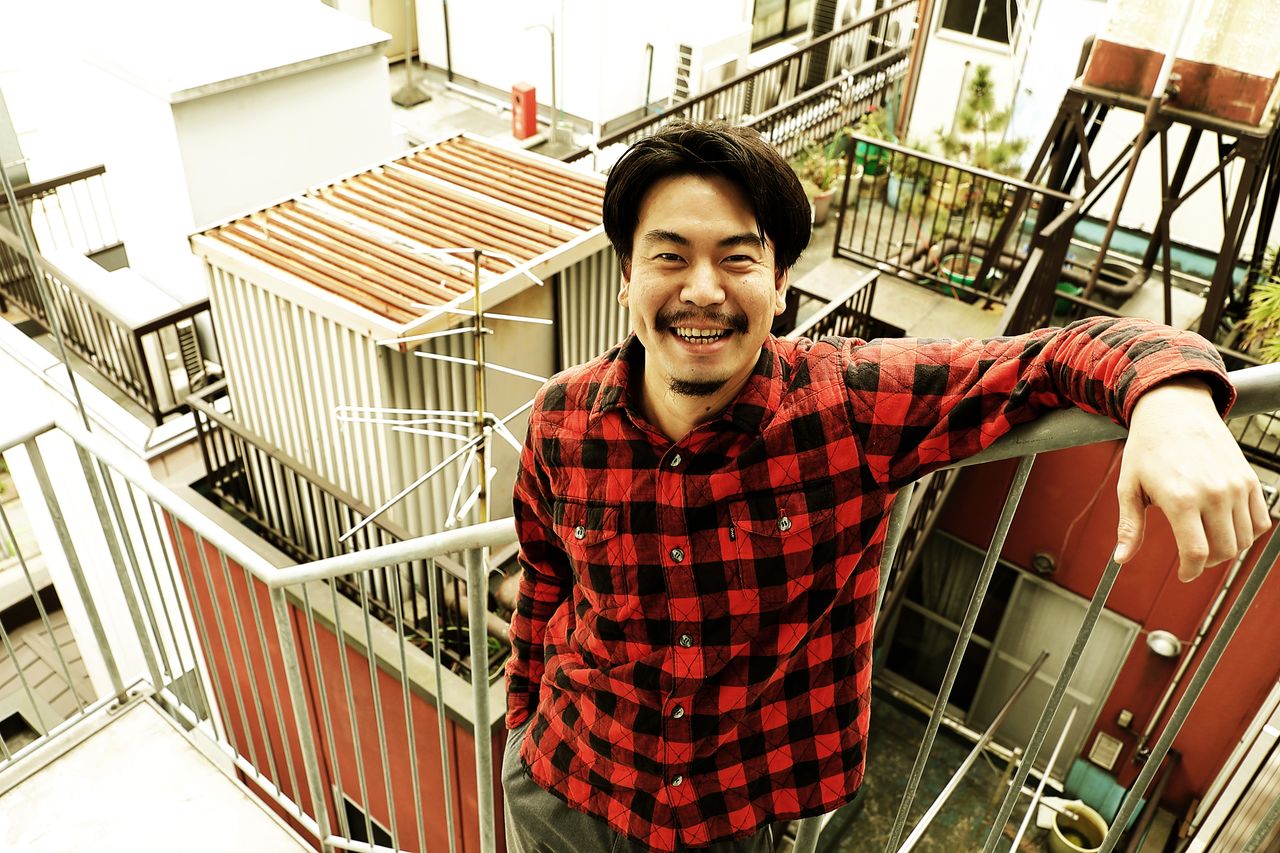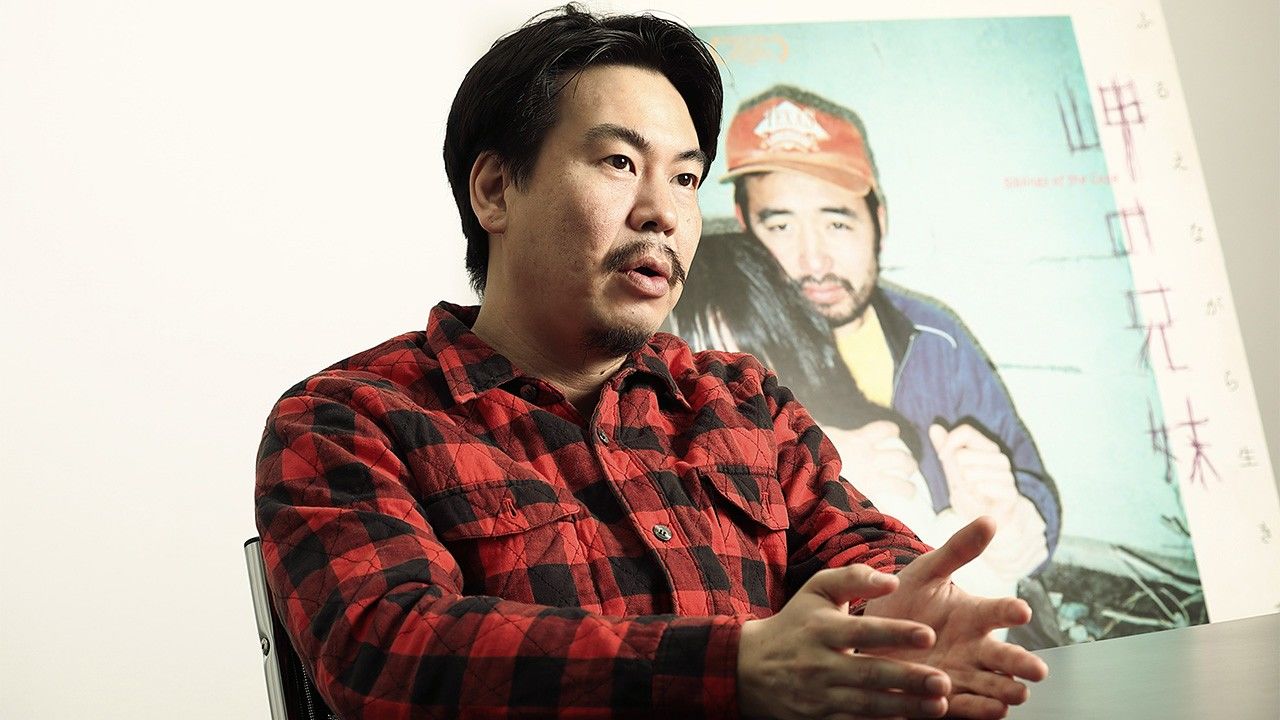
Disability and Prostitution: The Shock Cinema of Katayama Shinzō
Cinema Culture Entertainment- English
- 日本語
- 简体字
- 繁體字
- Français
- Español
- العربية
- Русский
The Raw Power of Humanity
Show me a film director, and I’ll show you someone who grew up wanting to make movies and then went ahead and did it. This may be a truism, but it really struck me during my interview with Katayama Shinzō, who made his directorial debut with Siblings of the Cape. When I asked Katayama about how he came to direct films, he gave me a matter-of-fact account of how he gained experience in the industry. As the conversation turned to the making of his own film, however, he suddenly became enthusiastic. I could tell that the project was his baby.
“I’ve wanted to make films ever since I was a teenager. I just loved movies and saw loads of them. I did also consider becoming a manga artist, as I read a lot of manga as well, but I decided against it as I am not much of an illustrator.”
After completing high school, Katayama enrolled in a course in scenario writing. Rather than making a big move to Tokyo, he decided to study somewhere within commuting distance of his family home in Toyonaka, Osaka Prefecture. After studying for a year, while working part-time to support himself, Katayama did eventually move to Tokyo, where he enrolled in a weekend course run by film director Nakamura Genji. The deciding factors were simply the course’s low fees and the fact it would allow him to work during the week.
Katayama gives the impression that he casually slipped into the world of filmmaking and ended up remaining there. However, his work on film sets would lead to encounters with people who would shape his future. He gained real-life experience as an assistant director under talented, young directors like Bong Joon-ho and Yamashita Nobuhiro.
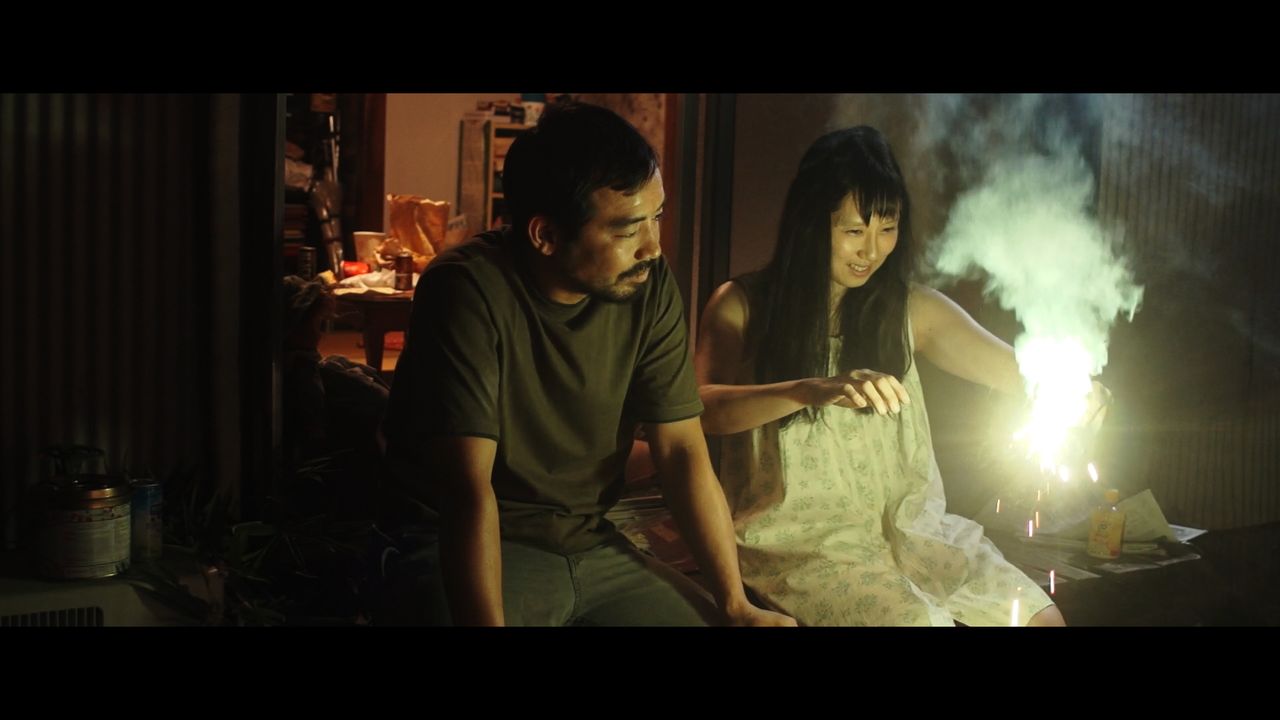
Scene from Siblings of the Cape. (© Katayama Shinzō)
A Decade in the Making
A defining experience was the year Katayama spent in South Korea at the age of 27 while filming Bong Joon-ho’s Mother (2009). A screenplay Katayama wrote while in Korea formed the basis for his debut film.
Siblings of the Cape is the story of an intellectually disabled woman who is cared for by her brother. The brother, himself physically disabled, finds himself penniless and unable to pay rent after losing his job. Desperate to make ends meet, the brother ends up pimping out his sister for money.
Katayama explains, “In Hanamura Mangetsu’s collection of short stories, Yamori Usumidori [Gecko Green], there is a story in which a pimp sells an intellectually disabled woman he met on the street to a brothel. It’s like Kim Ki-duk’s movie Bad Guy (2001). I’d always wanted to make a film based on that idea.”
After beginning work on the script, Katayama read Yamamoto Jōji’s nonfiction work Ruihan Shōgaisha (Disabled Reoffenders), and was inspired by the accounts of disabled women.
“There are these women who are repeatedly imprisoned for prostitution,” he recalls. “They say that only their clients make them feel like real women. They get hooked on the thrill of prostitution. This idea interested me: that there are women who take up prostitution for the money but end up doing it for the sex. I wanted to depict that transition.”
Deciding that he wanted to turn his screenplay into a film, Katayama approached actor Matsuura Yūya, whom he met while working on Yamashita Nobuhiro’s My Back Page (2011). However, the story still didn’t feel quite right.
“Talking to Matsuura got me into thinking that I should make the film about a brother and sister,” he continues. “Rather than focusing on the experience of either the pimp or the disabled woman, I was interested in the dynamics of the relationship between the man and the woman. I decided that making the film about a brother and sister would help keep it fast-paced, because a pair of siblings already has an established relationship. If you make the film about a couple of strangers, you need to start with an exposition that fills in the characters’ backgrounds and explains how they met.
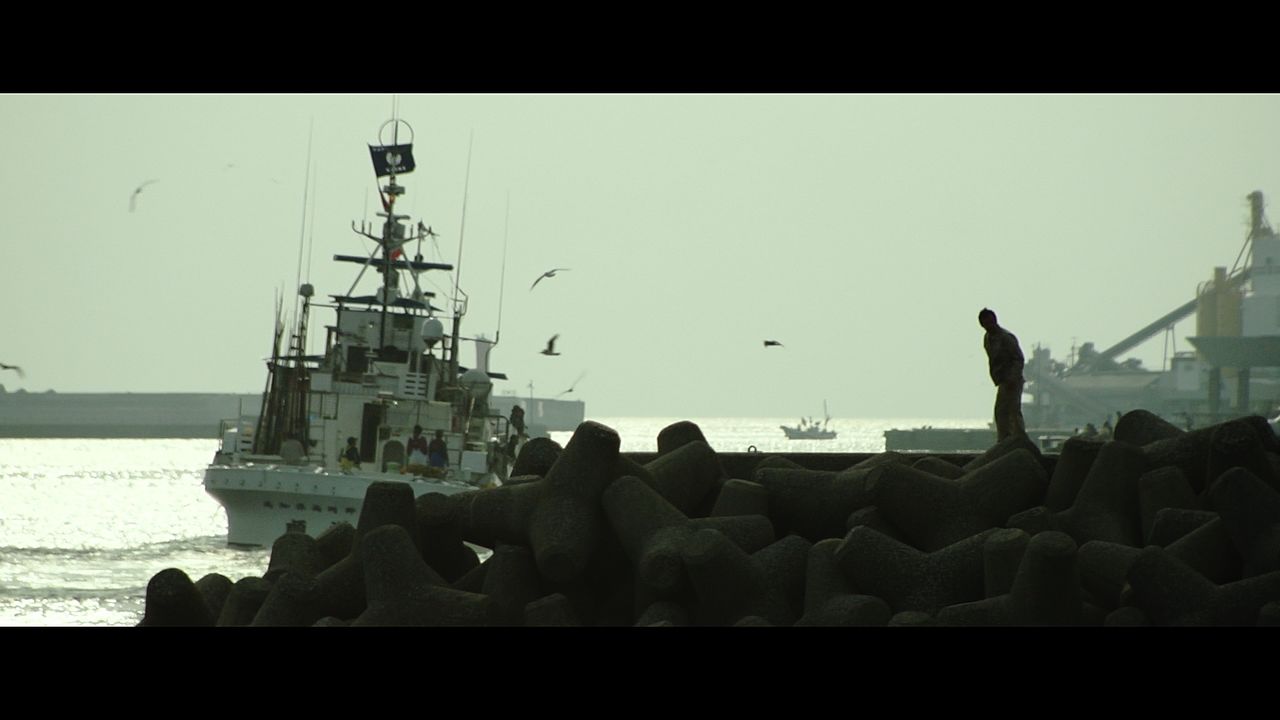
Scene from Siblings of the Cape. (© Katayama Shinzō)
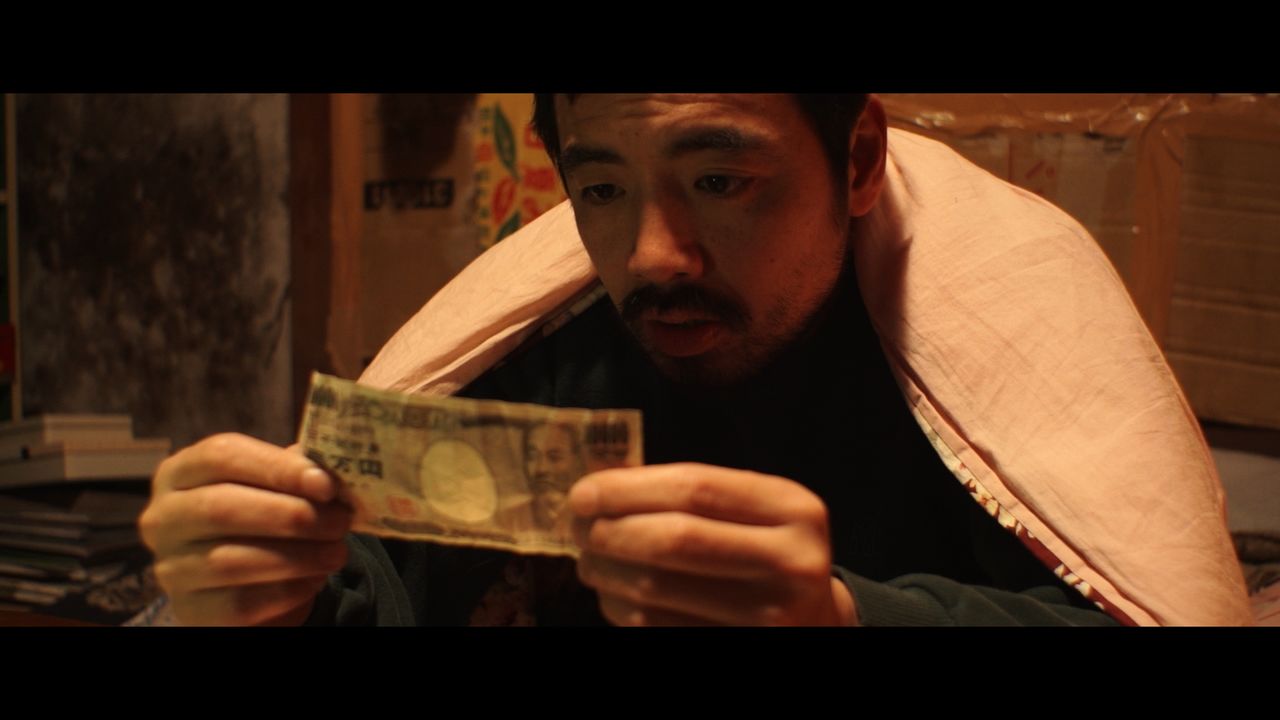
The brother, Yoshio, played by Matsuura Yūya. (© Katayama Shinzō)
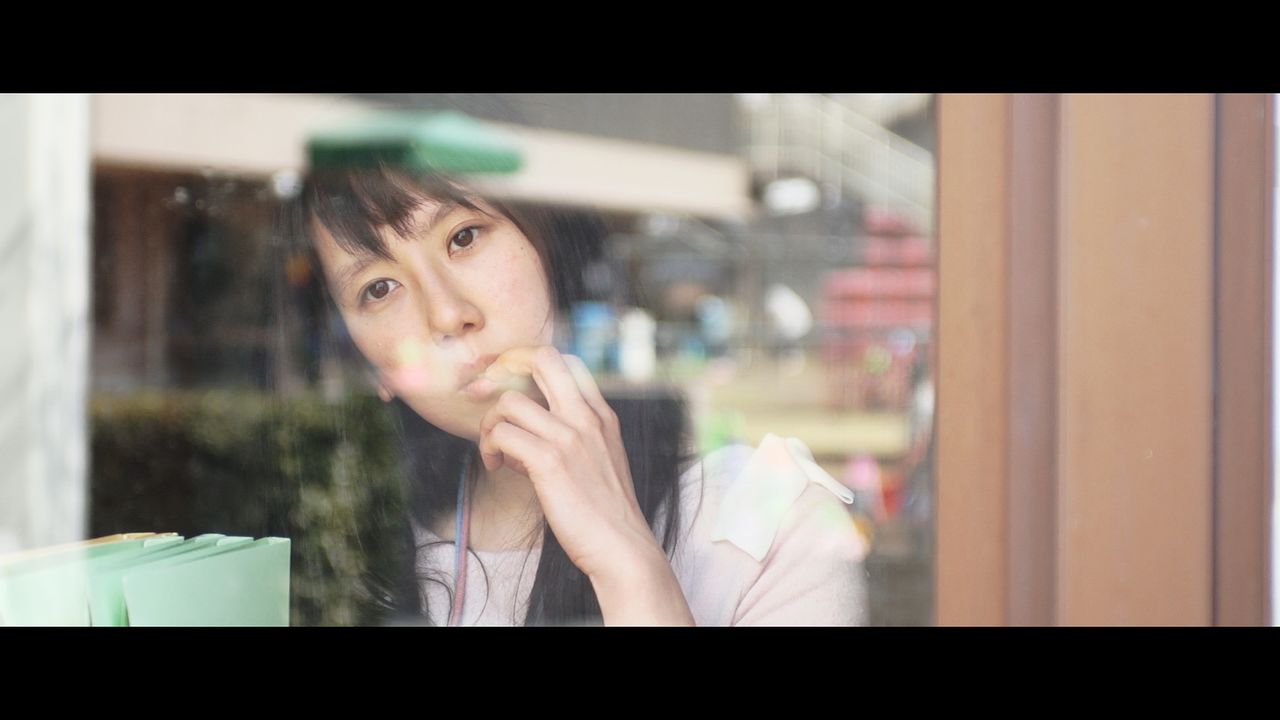
The sister, Mariko, played by Wada Misa. (© Katayama Shinzō)
Disability, Poverty, Discrimination, and Sex
Siblings was filmed in the one-year period between February 2016 and March 2017, with filming taking place for a few days each season. Katayama spent a further year editing the film.
“When I was an assistant director, it always felt wrong that we couldn’t spend more time making the movie. Siblings was my debut work, and I wanted to allow as much time as possible for filming so that I could get everything just right. I ended up spending a whole year retaking the scenes I was unhappy with, having minor modifications made to the score, and making a few other tweaks. I was very particular about the soundtrack. When I film a scene, I have an idea in my head of the kind of music I want, but I had difficulty articulating my ideas to Takai Hiyoko, who composed the score.”
The fact that the film’s cast and staff went along with Katayama’s demands is a testament to his extraordinary enthusiasm.
“I put up all the money myself. The film’s content would have made it a difficult pitch, and I didn’t want a sponsor telling me what to do. I did consider crowdfunding, but had reservations about that option. I spent all my savings on that movie, then saved some more money only to spend it all again. The film cost me around ¥3 million over the course of the year.”
Despite his uncompromising stance, Katayama did make one concession. “I was told that I could have the R-18 classification reduced to R-15 by cutting out a single scene, which I did. I’m actually a little surprised that the film was classified R-15, even after the cut.”
Joking that he will have to make his next film even more graphic, Katayama continues, “I’m pleased that kids of high-school age will be able to see the film. I want to know what they think of it, as fewer young people seem to be going into filmmaking these days. I want young people to know that there’s more to movies than just love stories and manga remakes. I want them to know that there are films that depict the reality of society. It would be great if I could inspire some of them to get into filmmaking.”
While Siblings of the Cape does deal with the issues of discrimination and poverty, it differs significantly from the socially conscious films that invoke these struggles as their central themes. Its graphic depictions of sex and violence transcend morality to focus on peoples’ raw desires.
“Part of it is simply that I like sex and violence in film,” Katayama says. “My use of sex and violence in Siblings is a natural result of my having grown up watching films of that genre. Also, the fact the film portrays victims of prejudice and the underclass doesn’t mean that I’m angry about the state of Japanese society, or trying to send a message about how society should be. Rather, I wanted to show the humanity and tenacity of the siblings. My film might show young people who feel out of place that there is more than one way to live your life.”
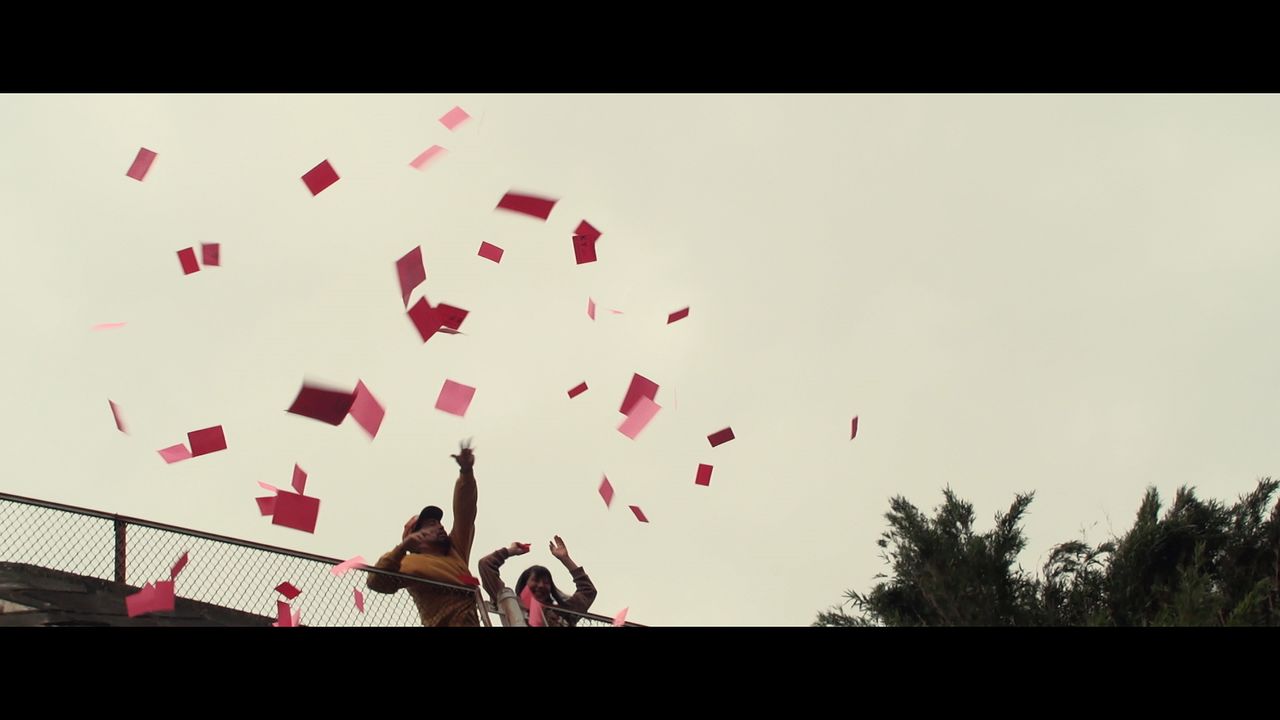
Scene from Siblings of the Cape. (© Katayama Shinzō)
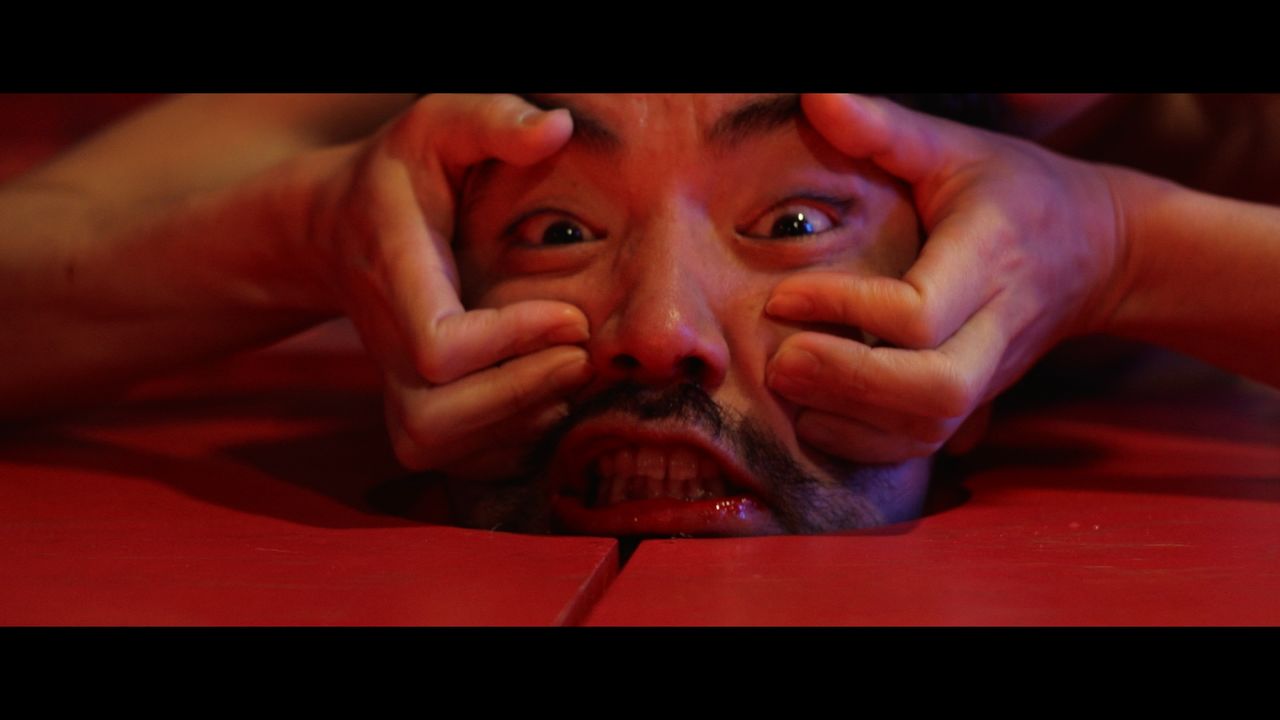
Scene from Siblings of the Cape. (© Katayama Shinzō)
Siblings of the Cape won the audience prize and best picture award in the Japanese Film Competition category of the Skip City International D-Cinema Festival hosted by Saitama Prefecture and Kawaguchi City, and achieved nationwide release in unusually quick time for an independent production. The film has also attracted international interest, and was screened at the Gothenburg Film Festival.
Katayama reflects, “Right now, I’m focused on my next project and on working out what angle to pursue. While I’m interested in trying my hand at something a little more conventional next time, I do want to stick with the themes of oppressed minorities and voiceless, socially disadvantaged people. As the production of Siblings of the Cape progressed, I developed a strong desire to portray the tenacity of the characters doing their best to survive alone. It was satisfying that I could turn that desire into a film. I want to make a movie that makes the viewer feel that there is always hope, even in a seemingly hopeless situation.”
(Originally published in Japanese. Interview photos by Hanai Tomoko. Interview and text by Matsumoto Takuya of Nippon.com.)
